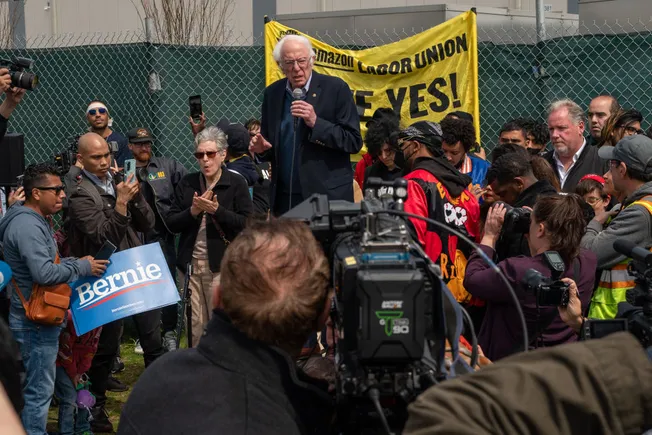As the global workforce continues to evolve, talent acquisition and retention will shift toward personalized employee experiences and expectations rather than typical rewards and physical work locations, according to an Oct. 11 report based on EY’s 2024 Work Reimagined Survey.
For instance, 38% of employees said they’re likely to quit in the next year, which will require company flexibility and a plan for talent flow. This means untethered culture, expanded rewards and agile skill building will become more prevalent, the report found.
“Previous iterations of this survey showed the lenses through which employers and employees viewed the working world: employers driven mostly by cyclical concerns and employees fueled by structural transformation of how, where and why they work,” EY experts wrote. “Those lenses appear to be fracturing, as old thinking is shown as too rigid to navigate new terrain.”
Instead, organizational success will rely on five dimensions: talent health and flow; work technology and generative AI; total rewards priorities; learning, skills and career pathways; and culture and workplaces. EY calls the combination a “Talent Advantage.”
However, only 32% of employers have the strategic people capabilities to build this talent advantage, EY said. These companies reported better productivity, skill building and business outcomes in current economic conditions.
Notably, a future talent advantage depends on a company’s ability to create a positive culture for a diverse and dispersed workforce, the report found. Culture accounts for 40% of an organization’s talent advantage health score, with 66% of talent-advantaged employers saying culture has significantly improved in the last 12 months, as compared to 4% of talent-disadvantaged employers.
Total rewards play a key role in culture, EY reported. Among the top rewards priorities, 31% of employees pointed to flexible schedules and work hours, and 26% said they wanted to work from anywhere. Employees also asked for rewards that reflect their personal and professional lives, such as health and well-being benefits, paid time-off options, compensation tied to the cost of living and training to build skills.
For HR professionals, cultural challenges have risen to the top of their list of struggles, according to HR Dive’s Identity of HR 2024 survey. Building trust, collaboration and effective feedback can foster a better culture, experts told HR Dive, particularly by training managers on how to give feedback and create team cohesion.
Flexibility and hybrid work can also help, particularly as high rates of burnout persist, according to an American Staffing Association report. The most successful companies will “embrace workforce flexibility and focus on creating strong employee-centric cultures,” ASA’s CEO said.
As new work models emerge, employers should consider “agile roles that benefit from skills-based planning and credentialing,” according to a Mercer report. Flexible work may include six dimensions: where (location and infrastructure); when (hours and scheduling); what (job content and sharing); who (alternative workforce and automation); how (scaling and technology); and why (mission and purpose), Mercer said.






Leave a Reply